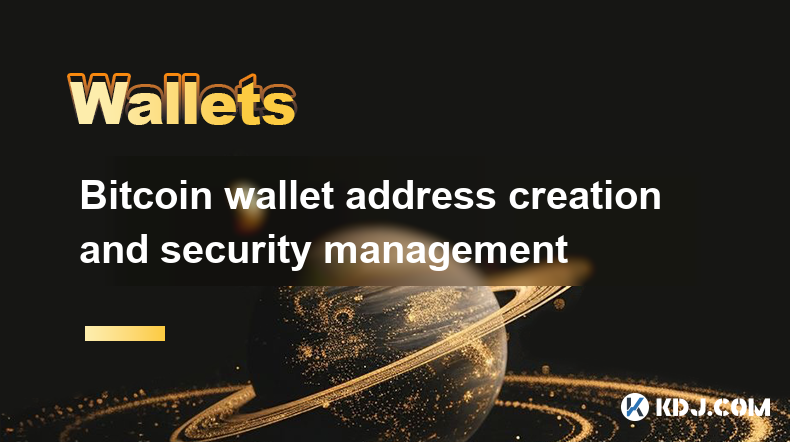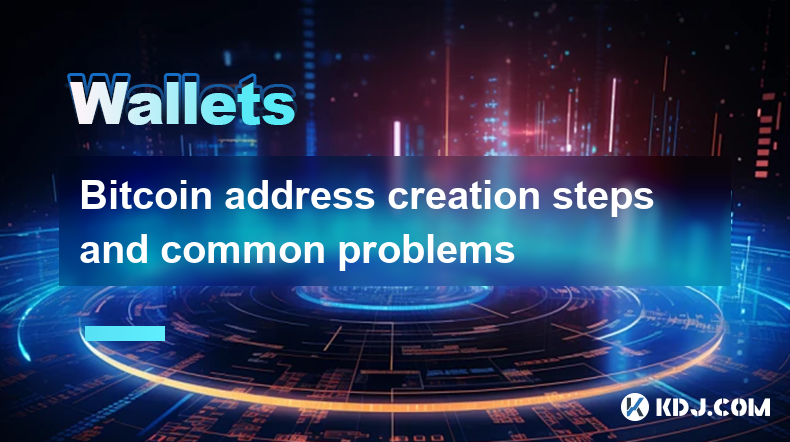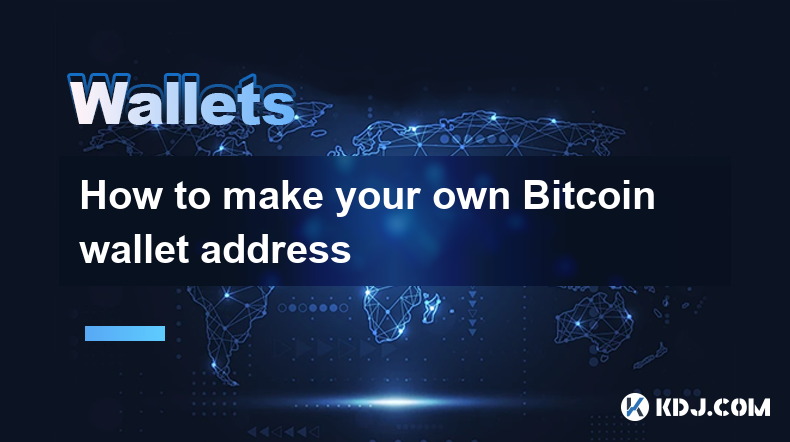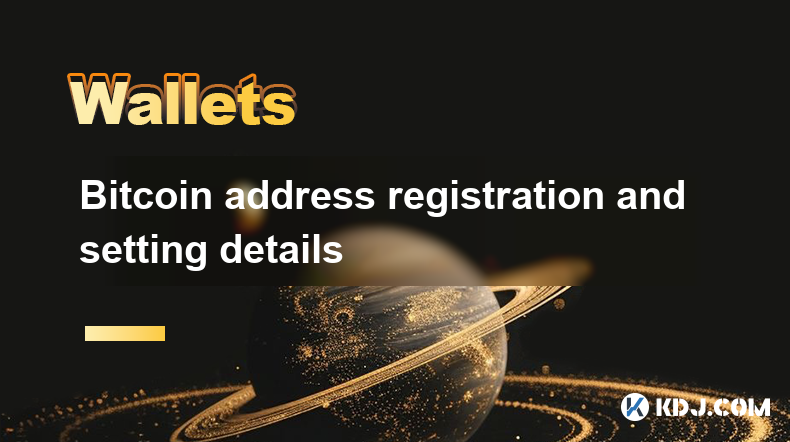-
 Bitcoin
Bitcoin $83,276.3455
1.25% -
 Ethereum
Ethereum $1,848.2440
2.02% -
 Tether USDt
Tether USDt $0.9998
0.00% -
 XRP
XRP $2.1169
0.24% -
 BNB
BNB $610.0554
0.96% -
 Solana
Solana $126.6292
0.18% -
 USDC
USDC $0.9999
0.00% -
 Dogecoin
Dogecoin $0.1703
1.87% -
 Cardano
Cardano $0.6743
2.08% -
 TRON
TRON $0.2364
1.68% -
 Toncoin
Toncoin $4.1658
6.87% -
 Chainlink
Chainlink $13.7036
2.02% -
 UNUS SED LEO
UNUS SED LEO $9.2037
1.11% -
 Stellar
Stellar $0.2668
-0.01% -
 Avalanche
Avalanche $19.1846
1.41% -
 Shiba Inu
Shiba Inu $0.0...01276
3.66% -
 Sui
Sui $2.3643
2.15% -
 Hedera
Hedera $0.1656
0.79% -
 Polkadot
Polkadot $4.1292
1.17% -
 Litecoin
Litecoin $84.5790
-1.28% -
 MANTRA
MANTRA $6.3661
1.07% -
 Bitcoin Cash
Bitcoin Cash $308.7516
2.84% -
 Bitget Token
Bitget Token $4.5875
1.78% -
 Dai
Dai $1.0000
0.01% -
 Ethena USDe
Ethena USDe $0.9998
-0.05% -
 Pi
Pi $0.7285
-0.22% -
 Hyperliquid
Hyperliquid $13.7627
9.30% -
 Monero
Monero $218.2877
1.04% -
 Uniswap
Uniswap $6.0791
2.33% -
 Aptos
Aptos $5.3290
1.01%
Bitcoin address generation and secure storage guide
A Bitcoin address is your public key for receiving Bitcoin, while your private key, crucial for spending, must be securely stored to prevent permanent loss of access.
Mar 30, 2025 at 08:07 am

Understanding Bitcoin Addresses
A Bitcoin address is essentially your public key, a string of alphanumeric characters used to receive Bitcoin. It's analogous to your bank account number. Unlike your private key, which is crucial for spending your Bitcoin, your address can be shared publicly without compromising your funds. Generating a new address is simple, but secure storage of your private key is paramount. Losing your private key means losing access to your Bitcoin forever.
Generating a Bitcoin Address
The process of generating a Bitcoin address involves using cryptographic techniques to derive a public key from a private key. This is typically handled automatically by Bitcoin wallets. You don't need to understand the complex mathematics involved; the wallet software does it for you. Different wallets offer different levels of security and user experience. Choosing a reputable wallet is the first step in securing your Bitcoin.
- Choose a reputable Bitcoin wallet: Research and select a wallet known for its security features and positive user reviews.
- Install and set up the wallet: Follow the instructions provided by the wallet provider to download and install the software on your chosen device.
- Create a new wallet: Most wallets will guide you through the process of creating a new wallet, which involves generating a new private key and its corresponding Bitcoin address.
- Back up your seed phrase: This is critically important. Your seed phrase is a list of words that allows you to restore your wallet if you lose access to your device. Write it down on paper and store it securely, away from your computer and in a safe place. Never store it digitally.
Secure Storage of Your Bitcoin Private Key
The security of your Bitcoin hinges entirely on the security of your private key. Never share your private key with anyone. Compromising your private key grants others complete control over your Bitcoin. Several methods exist for securing your private key, each with its own pros and cons.
Hardware wallets: These are physical devices specifically designed for storing private keys. They offer the highest level of security as your private key never leaves the device. They are generally considered the most secure option.
Software wallets: These are applications installed on your computer or mobile device. They are convenient but can be vulnerable to malware or hacking if not properly secured. Regular software updates and strong device security are crucial.
Paper wallets: This involves printing your private key and address. While simple, it's vulnerable to physical damage, theft, or loss. It's crucial to store the paper wallet in a secure, fireproof location.
Brain wallets: These involve memorizing your private key. This method is highly risky due to the possibility of forgetting the key or being forced to reveal it. It's generally not recommended.
Understanding Different Wallet Types
The choice of Bitcoin wallet significantly impacts the security of your Bitcoin. Each type offers different levels of security and user experience. Understanding these differences is crucial for making an informed decision.
Desktop wallets: These are software wallets installed on your computer. They offer good security if your computer is well-protected but are vulnerable if your computer is compromised.
Mobile wallets: These are apps installed on your smartphone or tablet. Convenient for daily transactions but can be vulnerable to mobile device theft or malware.
Web wallets: These are online wallets accessed through a browser. They are convenient but less secure than other options as your private keys are stored on a server controlled by a third party.
Paper wallets: As previously mentioned, these are offline wallets where your private key and address are printed on paper. They are secure against online threats but vulnerable to physical damage or theft.
Choosing the Right Wallet for Your Needs
Selecting the appropriate Bitcoin wallet depends on your technical skills, risk tolerance, and the amount of Bitcoin you hold. Consider the following factors when making your decision.
Security: Prioritize wallets with robust security features, such as multi-signature support, two-factor authentication, and strong encryption.
User-friendliness: Choose a wallet that is easy to use and understand, regardless of your technical expertise.
Platform compatibility: Select a wallet compatible with your preferred devices (desktop, mobile, or both).
Features: Consider additional features like support for multiple cryptocurrencies, advanced transaction management, or integration with other services.
Maintaining Security Best Practices
Even with the most secure wallet, maintaining good security habits is vital for protecting your Bitcoin. Here are some essential practices to follow.
Strong passwords: Use strong, unique passwords for all your wallets and accounts. Avoid reusing passwords across different platforms.
Regular software updates: Keep your wallet software up to date to benefit from the latest security patches and bug fixes.
Antivirus software: Install and regularly update antivirus software on all your devices to protect against malware.
Two-factor authentication (2FA): Enable 2FA whenever possible to add an extra layer of security to your accounts.
Avoid phishing scams: Be wary of suspicious emails, websites, or messages asking for your private key or seed phrase.
Common Questions and Answers
Q: What happens if I lose my private key?
A: If you lose your private key, you lose access to your Bitcoin. There is no way to recover it. This is why securely backing up your seed phrase is crucial.
Q: Can I generate multiple Bitcoin addresses from the same private key?
A: Yes, you can generate multiple Bitcoin addresses from a single private key. Each address is unique and can be used independently to receive Bitcoin.
Q: Is it safe to use a web wallet?
A: Web wallets are generally less secure than hardware or software wallets because your private keys are stored on a server controlled by a third party. Use them cautiously and only with reputable providers.
Q: How often should I back up my seed phrase?
A: It’s best practice to back up your seed phrase immediately after creating your wallet and then to create multiple backups and store them in separate secure locations. Regularly check that your backups are still accessible and undamaged.
Q: What is a seed phrase, and why is it so important?
A: A seed phrase is a list of words that acts as a master key to your Bitcoin wallet. It allows you to restore access to your Bitcoin if you lose your device or wallet software. Losing your seed phrase means losing access to your Bitcoin. Keep it safe and secure.
Disclaimer:info@kdj.com
The information provided is not trading advice. kdj.com does not assume any responsibility for any investments made based on the information provided in this article. Cryptocurrencies are highly volatile and it is highly recommended that you invest with caution after thorough research!
If you believe that the content used on this website infringes your copyright, please contact us immediately (info@kdj.com) and we will delete it promptly.
- Trump family launches American Bitcoin mining venture with Hut 8 Corp
- 2025-04-01 13:10:12
- Despite the broader crypto market downturn, large Shiba Inu (SHIB) holders have shown remarkable resilience.
- 2025-04-01 13:10:12
- Japan's Metaplanet Gears Up for Bitcoin Accumulation
- 2025-04-01 13:05:12
- Dogecoin (DOGE) Set To Complete Its Most Bearish Q1 In Seven Years
- 2025-04-01 13:05:12
- Despite recent bearish trend, Solana [SOL] remains stable as sentiment shifts
- 2025-04-01 13:00:12
- Shiba Inu (CRYPTO: SHIB) Is on the Move Today Thanks to a New Announcement
- 2025-04-01 13:00:12
Related knowledge

Bitcoin wallet address creation and security management
Mar 31,2025 at 10:56pm
Understanding Bitcoin Wallet AddressesA Bitcoin wallet doesn't store Bitcoin directly. Instead, it stores private keys which are long strings of characters. These keys grant access to your Bitcoin. Your public key, derived from the private key, is used to generate your Bitcoin wallet address, a unique identifier similar to a bank account number. This a...

How to easily generate a Bitcoin payment address
Mar 29,2025 at 10:49am
Generating a Bitcoin payment address might seem daunting, but it's actually quite straightforward. This process is crucial for receiving Bitcoin, as each transaction requires a unique address. Understanding how this works is fundamental to using Bitcoin effectively. This guide will walk you through the simple steps, regardless of your technical experti...

Bitcoin wallet address generation and verification methods
Apr 01,2025 at 11:01am
Understanding Bitcoin Wallet AddressesA Bitcoin wallet address is a unique identifier, similar to a bank account number, used to receive and send Bitcoin. It's a string of alphanumeric characters, crucial for participating in the Bitcoin network. Understanding how these addresses are generated and verified is paramount for secure Bitcoin transactions. ...

Bitcoin address creation steps and common problems
Mar 30,2025 at 06:07am
Understanding Bitcoin AddressesA Bitcoin address is a unique identifier, similar to a bank account number, used to receive Bitcoin. It's a string of alphanumeric characters generated from a public key, derived from your private key. Understanding the distinction between public and private keys is crucial for Bitcoin security. Your private key should be...

How to make your own Bitcoin wallet address
Mar 29,2025 at 08:42pm
Creating your own Bitcoin wallet address is crucial for securing and managing your Bitcoin holdings. It allows you to independently receive and send Bitcoin without relying on third-party services. This process involves understanding the different types of wallets and choosing the one that best suits your needs and technical expertise. Incorrectly gene...

Bitcoin address registration and setting details
Apr 01,2025 at 01:28pm
Understanding Bitcoin AddressesA Bitcoin address isn't something you 'register' in the traditional sense. Unlike email addresses or usernames, you don't sign up for a Bitcoin address with a central authority. Instead, it's a cryptographic hash generated by your Bitcoin wallet software. This address acts as your public identifier on the Bitcoin network,...

Bitcoin wallet address creation and security management
Mar 31,2025 at 10:56pm
Understanding Bitcoin Wallet AddressesA Bitcoin wallet doesn't store Bitcoin directly. Instead, it stores private keys which are long strings of characters. These keys grant access to your Bitcoin. Your public key, derived from the private key, is used to generate your Bitcoin wallet address, a unique identifier similar to a bank account number. This a...

How to easily generate a Bitcoin payment address
Mar 29,2025 at 10:49am
Generating a Bitcoin payment address might seem daunting, but it's actually quite straightforward. This process is crucial for receiving Bitcoin, as each transaction requires a unique address. Understanding how this works is fundamental to using Bitcoin effectively. This guide will walk you through the simple steps, regardless of your technical experti...

Bitcoin wallet address generation and verification methods
Apr 01,2025 at 11:01am
Understanding Bitcoin Wallet AddressesA Bitcoin wallet address is a unique identifier, similar to a bank account number, used to receive and send Bitcoin. It's a string of alphanumeric characters, crucial for participating in the Bitcoin network. Understanding how these addresses are generated and verified is paramount for secure Bitcoin transactions. ...

Bitcoin address creation steps and common problems
Mar 30,2025 at 06:07am
Understanding Bitcoin AddressesA Bitcoin address is a unique identifier, similar to a bank account number, used to receive Bitcoin. It's a string of alphanumeric characters generated from a public key, derived from your private key. Understanding the distinction between public and private keys is crucial for Bitcoin security. Your private key should be...

How to make your own Bitcoin wallet address
Mar 29,2025 at 08:42pm
Creating your own Bitcoin wallet address is crucial for securing and managing your Bitcoin holdings. It allows you to independently receive and send Bitcoin without relying on third-party services. This process involves understanding the different types of wallets and choosing the one that best suits your needs and technical expertise. Incorrectly gene...

Bitcoin address registration and setting details
Apr 01,2025 at 01:28pm
Understanding Bitcoin AddressesA Bitcoin address isn't something you 'register' in the traditional sense. Unlike email addresses or usernames, you don't sign up for a Bitcoin address with a central authority. Instead, it's a cryptographic hash generated by your Bitcoin wallet software. This address acts as your public identifier on the Bitcoin network,...
See all articles























































































